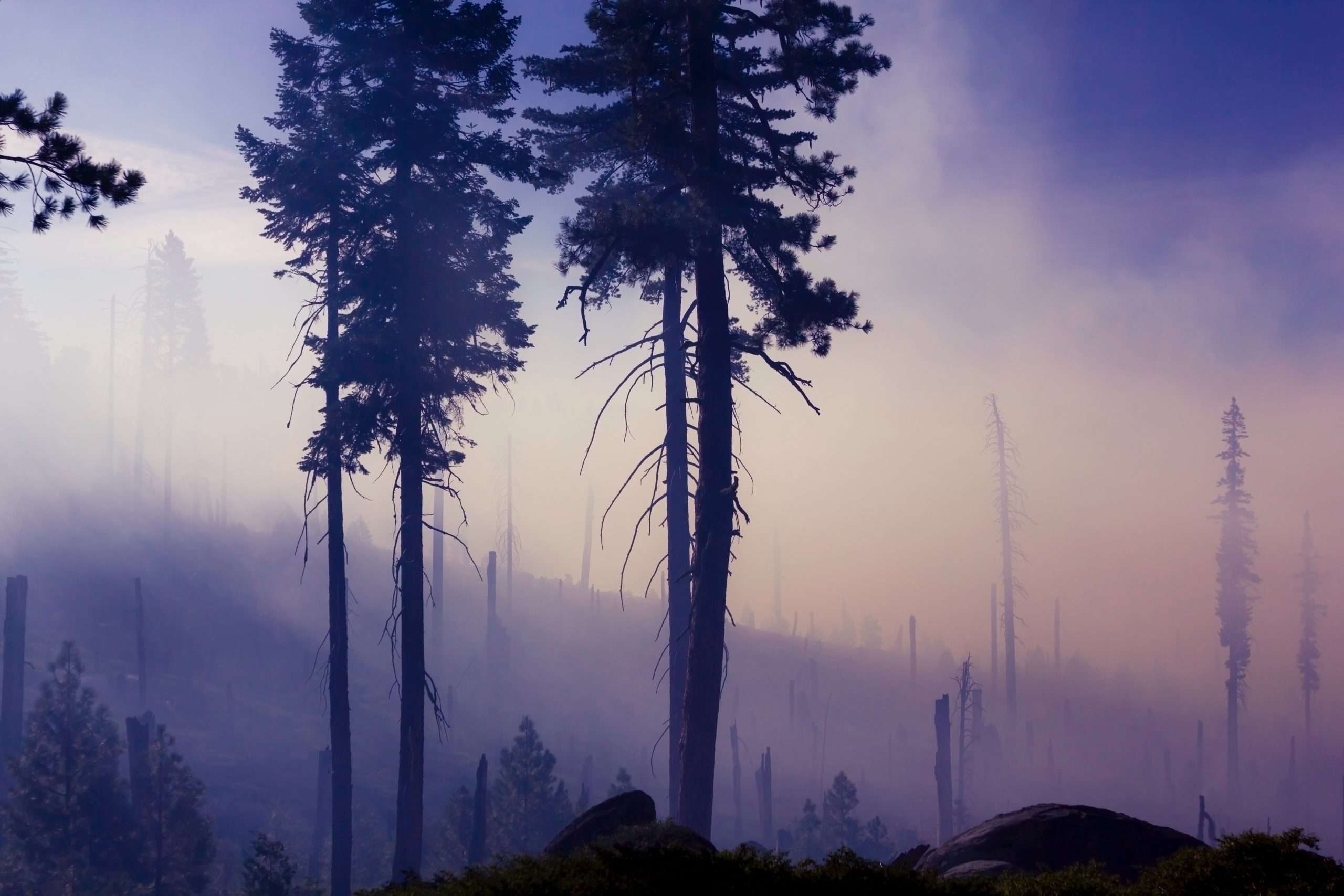Reading Lists
Literary Mixtape: Miroslav Penkov Cranks Up Radiohead, Queen & Uriah Heep on the Shores of the…
L

I’ve always thought of the mixtape as one of the quintessential American art forms. Songs arranged with care and trepidation; the boy’s heart laid bare on an audio cassette; an object of intimacy and vulnerability, which the girl could embrace or crush on a whim. In Bulgaria, it was the Communist Party that did the crushing. How absurd it seems to me now, the idea that getting caught listening to “Smoke on the Water” could get you in serious trouble. The idea that you had to mix your tapes in secret, like bombs. Then in the ’90s, when the Party had already fallen, the mixtape, like our people, grew savage, ruthless, unapologetic. You could go to the market and next to the crates of tomatoes, cucumbers and potatoes find others packed with bootleg cassettes– Serbian Turbofolk, or Scandinavian Death Metal? American rap, or British pop? A cornucopia of choices in a world where “copy right” signified, and still does, one’s immutable right to make copies completely unimpeded.

In my novel Stork Mountain (FSG, 2016), a young immigrant returns to Bulgaria and searches for his disappeared grandfather, ending up in a village on the border with Turkey, a stone’s throw away from Greece, up in the Strandja Mountains. This is a place of pagan mysteries and storks nesting in giant oaks; a place where every spring, possessed by Christian saints, men and women dance barefoot across live coals and seek rebirth. There in the village, the boy reconnects with the old man, falls in love with the rebellious daughter of the local imam and gets drawn in a maze of insanity and half-truths.
1. Isihia, Ipostas
I wrote the novel over the course of five years, first in English, and then in Bulgarian. And while I wrote, I listened obsessively to the same musical composition, over and over, and over again. “Ipostas” by the Bulgarian band Isihia. Here, underneath the music, there lie the mountains of my book, with their hills and rivers, mists and rains, the fires and their walkers, the storks nesting in the giant oaks. In Hellenic philosophy “ipostas” or “hypostasis” is taken to signify the underlining, inner reality of things. In Orthodox Christianity the Trinity is viewed as one God existing in three distinct hypostases. A fitting name then for a song, which at least in my mind, is now one with the book, or maybe has always been.
2. March of the Black Queen, Queen
Elif, daughter of the local imam, stepped out of the dark faceless, but driven by a single, simple desire– to be allowed to wear jeans in a world where other women were made to wear shalwars.
“Everything you do,” sings Freddie Mercury in this strange song, “bears a will and a why and a wherefore.” The character of Elif, daughter of the local imam, stepped out of the dark faceless, but driven by a single, simple desire– to be allowed to wear jeans in a world where other women were made to wear shalwars. This desire fueled her will, gave her the “why,” illuminated her face so I could see it better. Elif, the daughter of the imam, who cut herself before he let her buy those jeans; who starved herself until he let her go to college; who smokes pot in a stork nest, up a giant walnut, her safe and sacred place; who whispers all her troubles into a human skull buried in the branches two centuries before. “I reign with my left hand,” the Black Queen sings with Freddie’s voice, “I rule with my right. I’m lord of all darkness. I’m Queen of the night. I’ve got the power — Now do the march of the black queen.”
3. Feuer und Wasser, Rammstein
I don’t speak a word of German, but I chose Rammstein’s “Feuer und Wasser” because it exemplifies a basic alchemical principle which helped me conceive of two of the novel’s main characters– the narrator and Elif. In alchemy, “coincidentia oppositorum” is the sacred marriage of opposites, the coniunctio which makes two opposing forces (fire and water) into a single unified one.
“Feuer und Wasser kommt nicht zusammen,” sings Till Lindemann. “Fire and water don’t come together. Can’t be bound, aren’t related. Sunken in sparks, I am aflame. And I’m burned in the water.”
Coincidentia oppositorum. Beyond the duality, there is unity. Water that burns. I like the idea of beginning a character with a stereotype, or in the case of this novel, an archetype. The boy, the novel’s hero. Grandpa, the figure of the Old Man, the mentor, the guide through the shadowy realm. Elif, the shapeshifter, the hero’s opposite. Her father, a shadowy villain, there not simply to oppress, but also to tempt the hero to “the dark side.” And then these archetypes begin to make their own decisions, to act freely and evolve until in the end, I hope, they break liberated from the mold.
What a surprise it was for me, and everyone in the book, to discover towards its end that the boy, this fish out of water, the weakling who everyone thought could manipulate and use for personal gains, was in fact the force of change in everyone’s life, the fire that had come to the mountain to cleanse it through its flame.
4. Enter Vryl-Ya, Therion
Elif has stolen her father’s car; she’s picked up the boy and taken him as far up the mountain as the road allows. They’ve hiked the hills, crawled under a fence in the forest and crossed, under cover of darkness, into Turkey. Or so the boy believes. What follows next is a drunken night by the ruins of an ancient Thracian temple, a site where millennia ago the maenads, the crazy priestesses of Dionysus, consumed their doctored wine, danced madly and tore to pieces their sacrificial goats.
I made up many wild tales in this novel– Attila is a character and so is the Slavic goddess Lada; Murad the Godlike One, the first Ottoman sultan; Captain Kosta, a fictional rebel who fought the Turks and ended his life alone and forgotten. But perhaps the wildest story is one that actually unfolded, the only real story I allowed myself to use.
In the early ’80s the Communist Party began excavations in the Strandja Mountains at a site where they believed was buried Bastet, the Egyptian cat goddess. They were guided by an ancient map and the word of a venerated Bulgarian psychic.
In 1871 Edward Bulwer-Lytton published The Coming Race, a novel in which a young traveler accidentally stumbles upon a subterranean world inhabited by powerful beings, descendants of a lost civilization and masters of a great force called “Vril” (think Star Wars); a force both of healing and destruction. For a while The Coming Race was enormously popular in England and so convincing in its narrative that certain prominent theosophists of the day (like Helena Blavatsky and Rudolf Steiner) believed it to be grounded in deep occult truth.
“Enter the underworld,” sing Therion in this bizarre song, “Enter Vril-Ya. A step down the stairway… In this world they got the key to time and space. And to forces too strong for mankind to know.” I just love imagining the Communist Party, in all its atheist godlessness, digging in hopes of finding the remains of a lioness goddess, buried in the hills of the Strandja alongside scrolls supposed to hold great knowledge of past and future. And who knows what the Party really found?
5. July Morning, Uriah Heep
This tradition takes its name from Uriah Heep’s cult song “July Morning,” so beloved in our country that John Lawton…has now been given “honorary citizenship” to Kavarna…
For decades now people in Bulgaria gather on the Black Sea coast to meet the first rays of the sun on the first day of July. They build fires, play songs all night and wait for sunrise. This tradition takes its name from Uriah Heep’s cult song “July Morning,” so beloved in our country that John Lawton, one of the band’s later frontmen (“July Morning” was originally sung by David Byron) has now been given “honorary citizenship” to Kavarna, a small town on the Black Sea, which boasts a famous mussel farm, a statue of Ronnie James Dio, and an annual rock fest that has seen performances from the likes of Deep Purple, Scorpions and Motorhead.
“July Morning” may not be explicitly mentioned in my novel, but there is a trip to the Black Sea (no more than twenty miles away from the Strandja) and the general sense of waiting for the sun and for its fire, and through them, for rebirth.
6. Sweet Dreams, Marilyn Manson
Annie Lennox is great and who am I to disagree? But there is something magnetically macabre, impossibly irresistible about Marilyn Manson’s cover. In 2001 I moved to the US to study at the University of Arkansas and quickly felt the inescapable pull of Southern Literature. Faulkner’s adage that the past is never dead, that it’s not even past, alongside Katherine Anne Porter’s brilliant long story “Old Mortality” changed the way I think of life, of familial bonds, of the tales we tell each other and of the myths we create so as to face the faceless void. But the line between past and present is not the only line that blurs. “Oh, who can divide dream from reality, day from night, night from dawn, memory from illusion?” writes Danilo Kis in his story “The Legend of the Sleepers.” “Who can draw a sharp line between sleep and death?” What more can we do then, but “travel the world and the seven seas… looking for something?”
7. Exit Music (For a Film), Radiohead
I didn’t speak a word of English until I was fourteen. So used am I to the idea of not understanding the lyrics to a song that even today, unless I purposefully focus, the words flow by me unintelligible, like a great river. And when Thom Yorke sings, even if I do focus, the words are still, for the most part, a mystery. Except in “Exit Music (For a Film).” This song I understand. “Today we escape,” Yorke sings. “Pack and get dressed. Before your father hears us. Before all hell breaks loose.” And I can’t help but think of the boy in my novel and of Elif, of the world which holds them trapped, yet makes them terribly hungry for freedom; and of the boy’s grandfather and of the Greek girl, that sad, beautiful fire walker, he loved, many years before. “Return where you have failed,” Nikos Kazantzakis writes, an old Cretan proverb, “leave where you have succeeded.” There in the mountains where the grandfather once failed, the grandson now returns. And when at last the grandson triumphs, in his victory, the grandfather finds the strength to move on. “Now we are one,” Thom Yorke sings, “in everlasting peace.”









